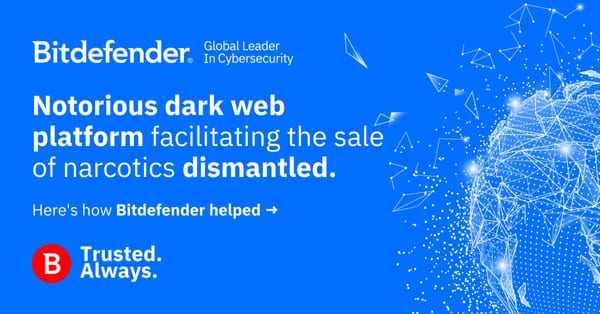US wants smart transportation, needs smarter security

The recent cyberattack through an IoT botnet paints a scary picture of what our connected future could hold for some. One thing is clear – sales weigh more in manufacturers’ opinion than security and privacy.
The progress hackers have made in the past years is disturbing. The increasing popularity of smart devices creates a high number of entry points and vulnerabilities that could trigger sophisticated attacks, leaving infrastructures completely exposed.
As risks rise when smart cities are involved, security measures need to be taken immediately to prevent IoT exploits and to prevent high-volume attacks such as the one on KrebsOnSecurity. The discovery that a 12-year old vulnerability on OpenSSH allows hackers to turn IoT devices into proxies doesn”t improve trust in smart devices either.
Following the success of the Smart City Challenge, U.S. Transportation Secretary Anthony Foxx has just announced $65 million in grants for local communities to improve transportation through tech innovation.
“From automated vehicles to connected infrastructure to data analytics, technology is transforming how we move around our country, and some of the most exciting innovation is happening at the local level,” Foxx said. “These grants will enable cities and rural communities to harness new technologies to tackle hard problems like reducing congestion, connecting people to mass transit, and enhancing safety.”
Will smart cities be any smarter about security, since the framework will be built around the same connected devices and sensors that obviously lack basic security?
Soon enough we won”t be able to live without IoT, and this comes with a bunch of challenges. Security specialists warn attacks in this sector will most likely rise in the near future, in part due to the precious data they collect – energy usage, purchasing habits, demographics and daily activities.
Once hackers attack a smart city”s infrastructure, they will make off with the stolen data to sell to third parties or blackmail local governments to get it back. Either way, big challenges are coming in the security sector for everyone involved – manufacturers, consumers and lawmakers.
The real problem is that hackers can do so much more than just “hack” a smart device – they will get into all the accounts and steal the data linked to it, from contacts, pictures, calendar and emails to financial information, or even break into your home by monitoring your surveillance system to know when you are out. Criminals can also interfere with the city”s traffic sensors to cause accidents, as all smart devices can be turned into malware-spreading botnets.
tags
Author
After having addressed topics such as NFC, startups, and tech innovation, she has now shifted focus to internet security, with a keen interest in smart homes and IoT threats.
View all postsRight now Top posts
Torrents with Pirated TV Shows Used to Push Lumma Stealer Malware
November 14, 2024
What Key Cyberthreats Do Small Businesses Face?
September 06, 2024
FOLLOW US ON SOCIAL MEDIA
You might also like
Bookmarks








